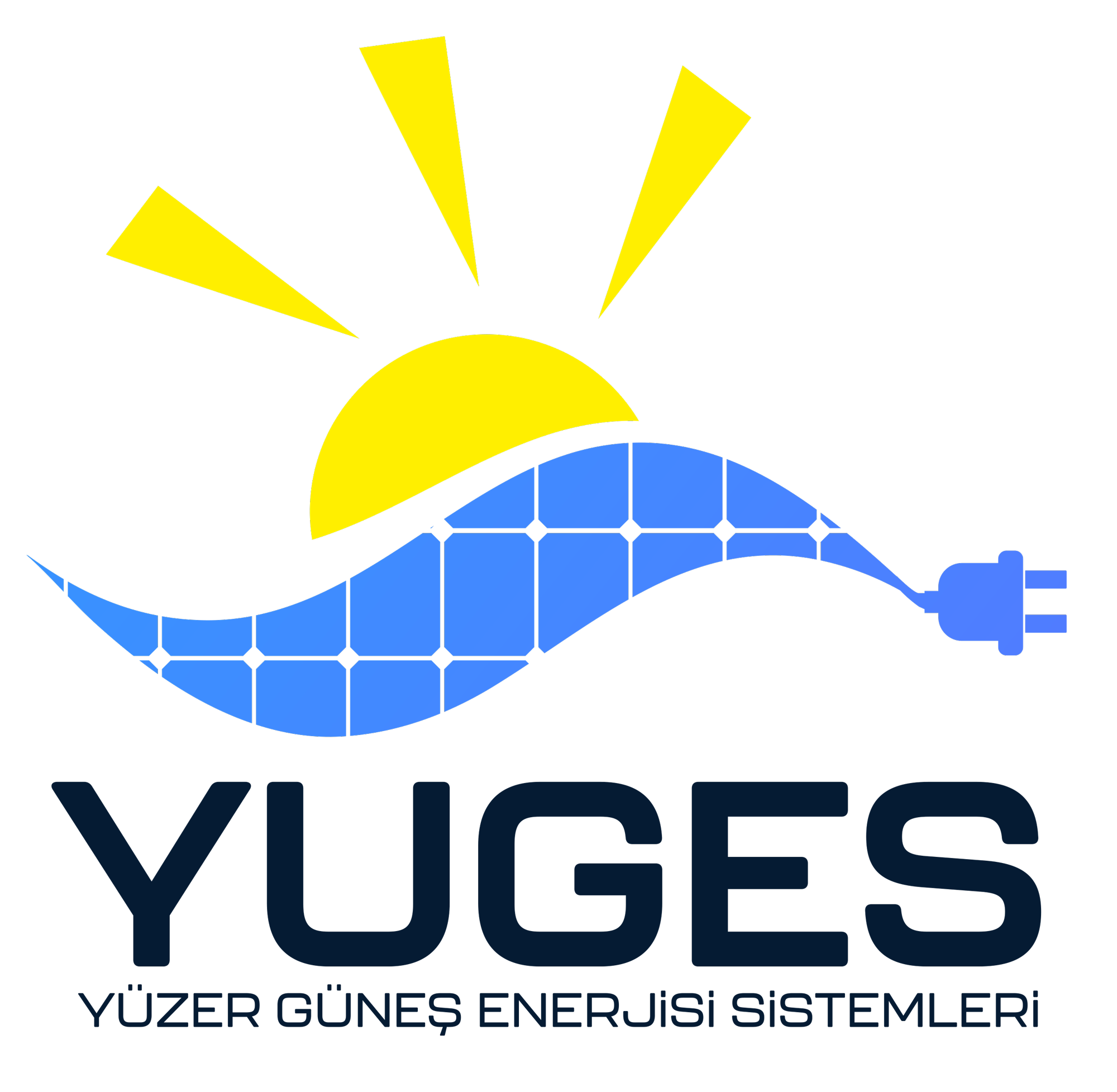Advantages
Compared to land SPPs, floating SPPs have advantages. The area does not need to be leveled, trees or structures need not be removed, and floating panels are less susceptible to dust pollution. The fact that water is colder than land also contributes to their 20% higher energy efficiency.
Hydroelectric reservoirs have extra advantages. Existing mains connections allow for the distribution of electricity. Additionally, the two power sources can work in tandem since solar power can be used during the day to conserve water for hydropower production at night.

1. No valuable land is being lost
Terrain-type solar power plants cause the loss of valuable land areas. However, floating photovoltaics eliminate the need for land. These facilities, which may be wastewater treatment facilities, drinking water reservoirs, or hydropower dam reservoirs, could be located in underutilized sections of water bodies. You can therefore utilise the space where the solar panels would otherwise be placed.
2. Environmental Advantages
Evaporation is a problem in many hot, dry places, especially for hydroelectric reservoirs and lakes, however floating solar power plants mitigate it. The technique also lessens algae development issues and underwater sunlight exposure, which can be problematic in some areas.
Clean energy is generated via floating solar panels. Utilizing renewable energy lessens dependency on power produced by burning fossil fuels. The emissions of greenhouse gases decrease as a result.
3. Enhanced Solar Efficiency
Solar panels work well in hot environments, but over time, their efficiency may decline. Their efficiency decreases as the temperature rises. PV modules offer a cooling effect that raises their water efficiency when placed near bodies of water.



